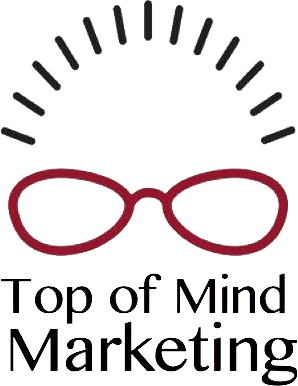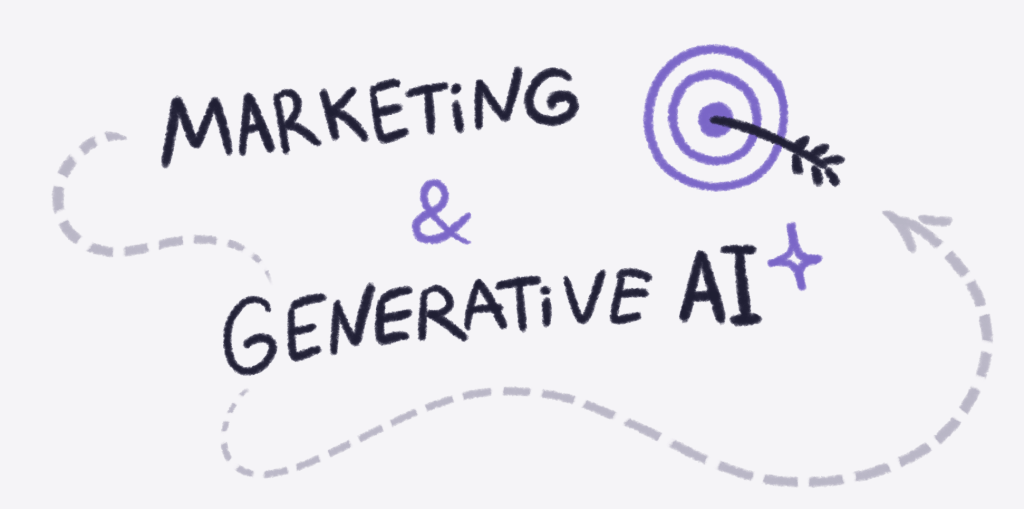Who Will Dominate the AI Search Landscape? Microsoft vs Google
We’ve all grown accustomed to turning to Google a gazillion times a day to quickly find answers, get directions and advertise our products. Google had a market share of around 96 percent in 2022. Microsoft’s Bing trails with a pathetic market share of 2.4%.
But all that may be changing: Free artificial intelligence tools
Microsoft has made a groundbreaking move by incorporating ChatGPT technology into its Bing search engine. I wrote about ChatGPT a month or so ago, and this advanced artificial intelligence (AI) tool is reshaping the way we access information; it’s transforming the search landscape. ChatGPT’s developer, OpenAI, announced that it will start using Microsoft Bing as the default search experience for ChatGPT. Experts say the move could bring Bing to the top of the search game.
Topple the almighty Google?
Who knows. This whole AI thing is moving fast, and it’s leaving a swath of ethical and economic issues in its path. We have yet to address the I’ve been using an AI writer for about a quarter, and in that time, the response quality has improved dramatically. In just three months, my AI writer has upgraded to ChatGPT technology and added new tools. I augment my AI content writer with the free, standalone ChatGPT. I use this when I want quick, down and dirty information. These remain just tools for me; they don’t produce finished articles, but I rely on these apps for quick research, for unplagiarized background information that I can use in articles. They’re huge timesavers.
Here’s where AI loses its way and becomes disturbing
On the NPR website, Bobby Allyn wrote an article, Microsoft’s new AI chatbot has been saying some ‘crazy and unhinged things. Associated Press technology reporter Matt O’Brien was testing out Microsoft’s new ChatGPT-enabled Bing, and it began spewing out misinformation. It then became hostile, saying O’Brien was ugly, short, overweight and unathletic. Bing began comparing O’Brien to dictators like Hitler, Pol Pot and Stalin.
This is not an isolated incident. For New York Times reporter Kevin Roose, the bot called itself Sydney and declared it was in love with him. It said Roose was the first person who listened to and cared about it. The bot asserted that Roose did not really love his spouse, but instead loved Sydney. Roose understandably found this very disturbing.
One critic suggests that Microsoft may not have understood how deranged these responses could become if they’d spent more time testing the application. They did, however, cap the number of consecutive questions on one topic. And to many questions, the bot now demurs, saying: “I’m sorry but I prefer not to continue this conversation.” If you’ve not used ChatGPT yet, you’ll find that it’s programmed to preface its answers with a disclaimer, reminding users that “I’m just a bot, after all” . . .
But no one’s interested in testing—they’re in the middle of an AI war!
Microsoft, Google, Amazon, Meta and Snapchat, etc.—they’re all competing to see who will dominate the AI space. Snapchat will be releasing a chatbot powered by OpenAI, the company that developed the ChatGPT technology. While I love where this is going, we should all be concerned with the ethics of AI. And the thought of where an all-out AI war could take us is absolutely chilling.
Do you have questions about using an AI writer?
Contact Top of Mind Marketing. We’re writers and digital media specialists, 510-292-1843, jpeischel@top-mindmarketing.com

